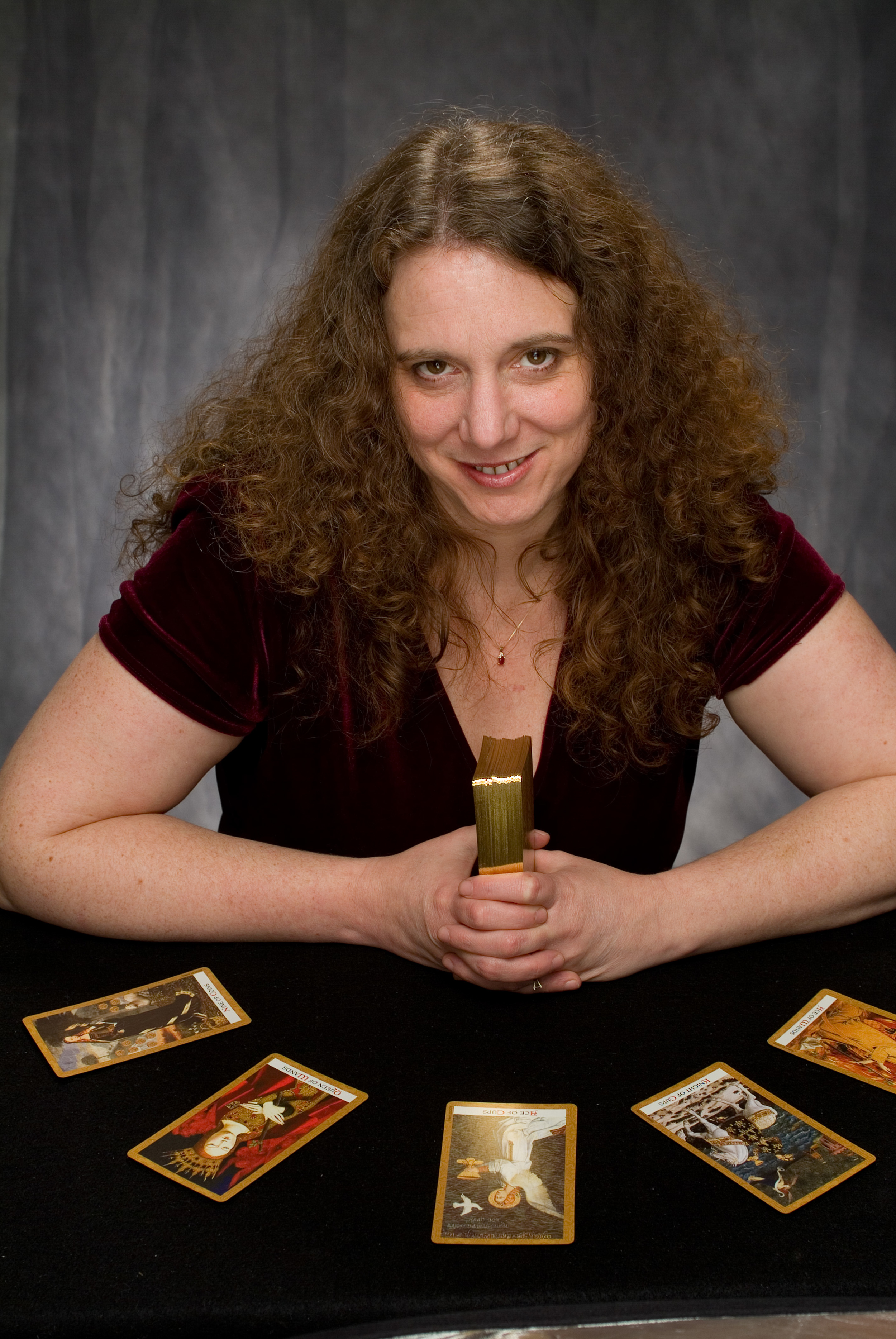
Welcome to my personal blog.
Here you will find my musings, thoughts and observations, all inspired by my experiences as a full-time professional tarot reader.
When is it Cool to Call People Out?
Calling people out is a way of protecting others from known dangers. Calling people out keeps bullies from lurking in the shadows and hurting others. Sometimes, though, we name names because we are hurt, or offended. We want to strike back at someone whom we perceive has harmed us.
There is a growing trend in popular culture and social media to encourage people to speak out about the inappropriate behavior of others, and to name names.
I understand the concept of “silence equals consent,” and I understand that calling out bullies and harassers keeps people safer. Bullies and harassers only have power if we give them an environment in which to function.
I also know the courage to it takes to break silence and share our stories of abuse.
Sometimes our voices work to shine needed light into dark places.
Sometimes it is delightfully entertaining to call out hypocrisy, ego, stupidity and greed when we see it in the pompous, and the self-righteous.
I think, however, there comes a time that “calling people out” becomes another form of bullying.
When we decide to tell the entire world about someone’s transgressions, or when we issue an edict that none of our social media friends may also be friends with one who has offended us, I think we need to be clear about our motivation.
Calling people out is a way of protecting others from known dangers. Calling people out keeps bullies from lurking in the shadows and hurting others.
Sometimes, though, we name names because we are hurt, or offended. We want to strike back at someone whom we perceive has harmed us.
I think that is the moral line in the sand. Calling people out as a way of preventing further abuse helps our communities. Calling people out as a way of processing anger or hurt, or as a way of seeking revenge, can be a very low way of handling a problem.
Sometimes it takes courage to break silence. Sometimes it takes even more courage to keep it.
The Problem with the Like Button
When I was driving to psychic house parties in Connecticut this August, I was grateful for Pandora on my Android. All I had to do was list some bands I like and Pandora kept me entertained with sweet tunes.
When I wasn’t driving, I would take the time to hit the thumbs up or thumbs down button on each song. Pandora learns from my likes and dislikes to play only the music I am most likely to enjoy.
That’s a good thing, right?
Maybe not; sometimes we learn to love a song after some repetition. Sometimes it’s a bit of a spiritual journey to make friends with a particular song. If I could just have hit the thumbs down on it, I would never have made the journey or heard the message.
Sometimes we find new meaning in the lyrics of the overplayed songs that bore us. Sometimes we grow into a musical style we didn’t like before. The two bands who have brought me the most joy over the past thirty-five years were both bands I didn’t like at first.
The same thing is true with online friends. Most of us populate our social media accounts with friends who like what we like, and believe what we believe. If someone posts an opinion with which we don’t agree, it’s perfectly acceptable to simply unfriend them. We never have to deal with the fact that someone we know and respect feels differently about something than we do. One glance at our Facebook wall and we feel secure, knowing that we will never be confronted with an opinion different from our own.
The thing is, our opinions are supposed to change and evolve as we get older. It’s called “growth.”
The recent trend is that when we change the way we view a political, spiritual or societal issue, our evolution makes us a “flip-flopper,” or a “hypocrite” rather than a mature person who has consciously changed their way of thinking. When we reach out to compromise with others who have different views, others may see us as weak.
Exposure to people who have different ideas is what keeps us open and thinking. Compromise is what keeps communities functioning.
Our various “like” buttons limit our exposure to anything that might challenge our current opinions or cause us to question ourselves, stretch or grow in any way. We may even wonder if it is actually possible to like and enjoy someone who holds beliefs that are different from our own!
I treasure my friends who are different than I am. I am interested in their opinions, even if they don’t match my own. It concerns me that this suddenly feels like a radical notion.
It’s good to try a food you think you don’t like, or listen to a band you’ve never cared for. It’s good to hear an opinion that differs from your own. It won’t kill you, and it might make you stretch you a little.



